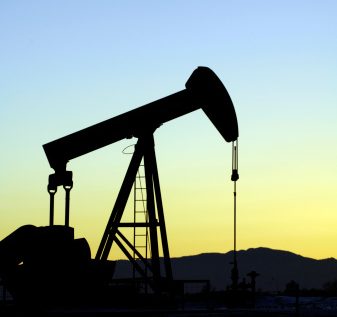
Amid the prospect of a worsening energy crisis rocking Europe due to shortages in gas supplies from Russia, the UK government today formally lifted a ban on shale gas production in the UK, which had been in place since 2019.
At the same time, it confirmed its support for a new oil and gas licensing round expected to be launched by the North Sea Transition Authority (NSTA) in early October.
According to the British government, both measures are aimed at strengthening the country’s energy security. To this end, the UK believes it is appropriate to explore all avenues to increase oil and gas production, including new oil and gas licenses and shale gas extraction.
Under the current climate, strengthening energy security is an absolute priority, according to Trade and Energy Secretary Jacob Rees-Mogg. “As the Prime Minister (Lis Truss) has said, we will ensure that the UK is a net energy exporter by 2040,” he said.
Under the new round of approvals, NSTA is expected to have several new production blocks available on the UK continental shelf. These licenses allow developers to search for commercially viable oil and gas resources in areas of their licenses.
Investors must obtain regulatory approval for any activities carried out within the licensed area, such as drilling or infrastructure construction.
Earthquake events
The government said it will consider future requests for hydraulic fracturing stimulation for shale gas.
The decision has been mired in major environmental controversy. A ban on shale exploration was imposed in 2019 following the recording of seismic events in the Lancashire region the previous year during drilling by British company Cuadrilla.
Only 3 test wells have been hydraulically fractured in the UK so far, Rees-Mogg said, adding that more drilling sites are needed to gather more definitive data and improve evidence on potential risks.
“Removing the pause in shale gas extraction will allow drilling to collect this additional data, building an understanding of the UK’s shale gas resources and how we can extract them safely,” he said.


